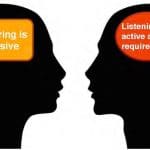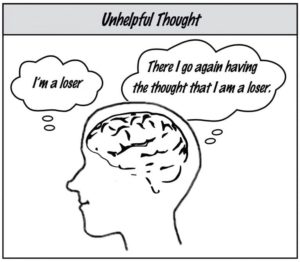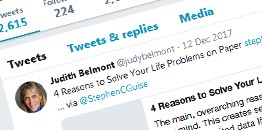Original article on lifehack.org
 Happiness is not something easily measured. After all, it is truly in the eyes of the beholder, and depends so much on our perspective of life. Happiness is not a one-size-fits-all concept!
Happiness is not something easily measured. After all, it is truly in the eyes of the beholder, and depends so much on our perspective of life. Happiness is not a one-size-fits-all concept!
That being said, there are some common elements of highly happy people. Happy people who have unlocked the secrets of happiness have the seven characteristics below. How many do you have? Take the short quiz at the end to find out!
Secret #1 Highly happy people stop looking on the outside for what they need to find within.
They understand material things, and even people, could never be the key to their happiness. While they realize the importance of loving and supportive relationships, they never expect to find themselves in someone else, and never lose themselves trying to find someone else. In fact, highly happy people realize that over-dependence on others is actually the fast track to unhappiness and even relationship problems. They know that depending on others for happiness can be the source of unimaginable conflict, bitterness, blame and perpetual disappointment.
 Original article on
Original article on 
 Originally a guest post on
Originally a guest post on  Original article on
Original article on  One of the most valuable lessons that my clients have found useful over the years is learning the art of active listening.
One of the most valuable lessons that my clients have found useful over the years is learning the art of active listening. Original article on
Original article on 
 Original article on
Original article on 
 Original article on
Original article on 
 Original article on
Original article on 


